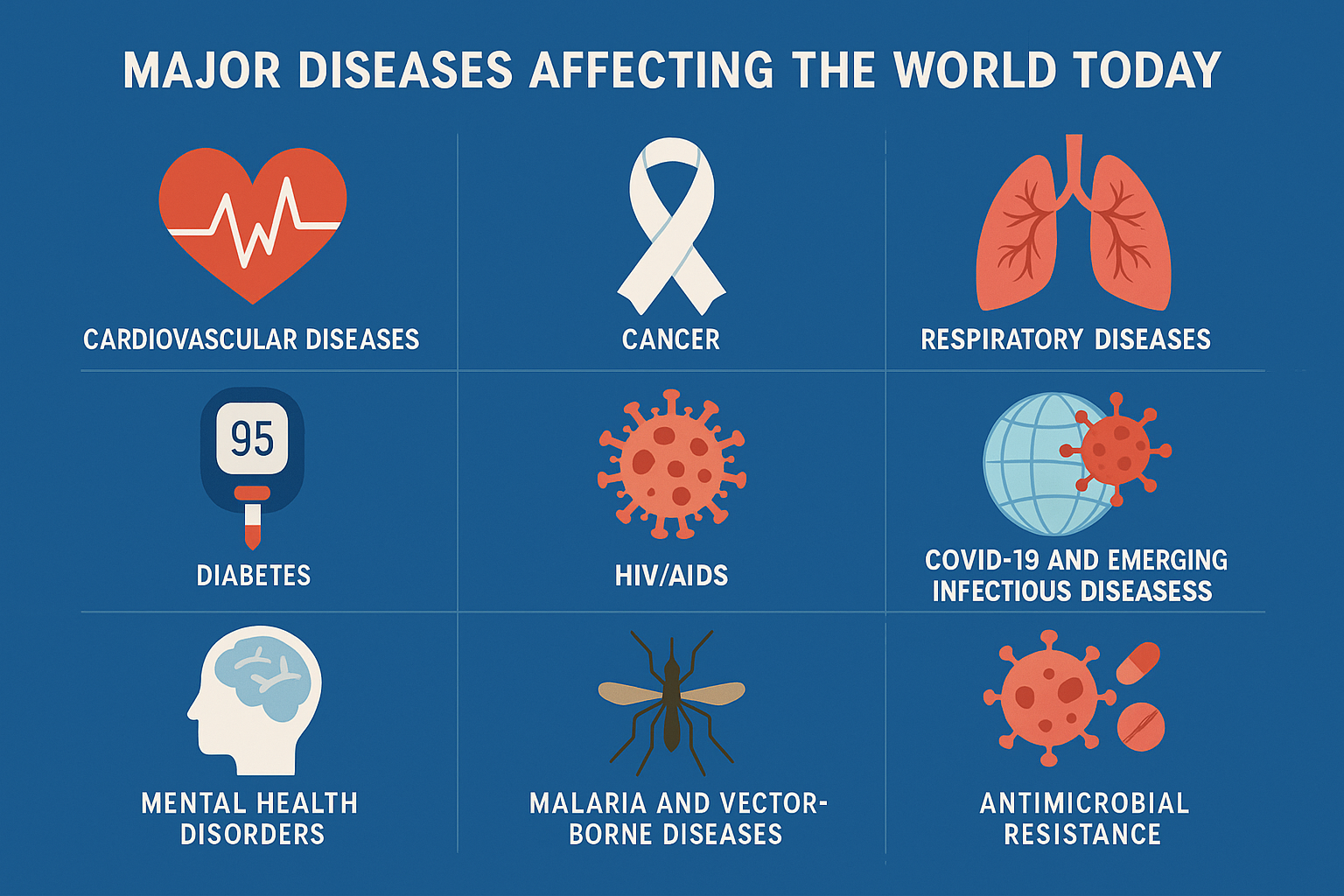A new study shows eggs do not raise LDL cholesterol when eaten with low saturated fat. Learn why eggs are healthier than once believed.
🥚 Do Eggs Really Raise Cholesterol? A New Study Says No—It’s Time to Crack the Myth
For decades, eggs have sparked debate. Are they heart-healthy protein powerhouses—or dangerous cholesterol bombs? Now, a new study from the University of South Australia (UniSA) provides a clear answer that challenges the long-held “eggs raise cholesterol myth.”
Let’s unpack the facts in a simple Q&A format based on the latest evidence.
❓ Q: Are eggs high in cholesterol?
Yes. A single large egg contains about 186 mg of dietary cholesterol, mainly found in the yolk. That’s why they were once blamed for raising LDL cholesterol—commonly known as “bad cholesterol.”
However, being high in dietary cholesterol doesn’t automatically make eggs harmful. The new study confirms that context—specifically saturated fat intake—matters more.
❓ Q: What did the UniSA study investigate?
The study analyzed 61 adults with similar LDL levels. They followed three five-week diets, each varying in cholesterol and saturated fat:
- High cholesterol, low saturated fat – 2 eggs/day
- Low cholesterol, high saturated fat – no eggs
- High cholesterol, high saturated fat – 1 egg/week
48 participants completed all three phases, allowing researchers to isolate the effects of eggs from other dietary fats.
❓ Q: What were the key findings?
- LDL levels only increased on diets high in saturated fat, regardless of cholesterol content or egg intake.
- The diet that included two eggs per day (high cholesterol, low saturated fat) actually reduced LDL levels in many participants.
- The problem was never the eggs—it was the saturated fat that typically accompanies them in traditional breakfasts (like butter, bacon, and sausage).
📌 Key Insight: Saturated fat raises LDL cholesterol—not dietary cholesterol from eggs.
❓ Q: Does dietary cholesterol even matter anymore?
While it’s true that dietary cholesterol impacts blood cholesterol levels, the effect is much smaller than once believed—especially when your saturated fat intake is low.
Modern science emphasizes “saturated fat vs cholesterol” as a more relevant comparison. Foods rich in saturated fat have a stronger impact on blood lipids than cholesterol-containing foods like eggs.
❓ Q: Are eggs bad for you?
No. Eggs are not bad for you when consumed in moderation and as part of a balanced diet. They are:
- High in high-quality protein
- Rich in vitamins A, D, E, B12, and choline
- Contain antioxidants like lutein and zeaxanthin, which support eye health
- Low in saturated fat (just 1.6g per large egg)
When compared to processed meats and fried foods, eggs are a nutritionally dense choice for meals—especially breakfast.
❓ Q: How many eggs can I eat per week?
For most healthy people, up to 6–7 eggs per week is safe and may even be beneficial—especially when paired with whole grains, vegetables, and healthy fats.
If you have heart disease or diabetes, consult your doctor, but even in these cases, recent guidelines no longer strictly limit egg consumption as they once did.
❓ Q: What’s the best way to enjoy eggs for heart health?
To benefit from eggs without raising LDL cholesterol:
✅ Pair with vegetables (spinach, tomato, mushrooms)
✅ Cook with olive oil or avocado oil
✅ Serve with whole grain toast or oats
✅ Avoid pairing with bacon, sausage, buttered toast, or cheese
✅ Use boiled, poached, or scrambled (without added fat) cooking methods
🧾 Frequently Asked Questions (FAQ)
❓ Are eggs worse than bacon for cholesterol?
No. Bacon is high in saturated fat and sodium, both of which raise heart disease risk. Eggs are low in saturated fat and offer many essential nutrients. When it comes to egg diet and heart health, eggs are a better choice than most processed meats.
❓ How does saturated fat affect LDL cholesterol?
Saturated fat increases LDL (“bad”) cholesterol, which contributes to plaque buildup in arteries. It’s found in fatty meats, full-fat dairy, butter, and fried foods.
Controlling saturated fat intake is more effective for managing cholesterol than avoiding eggs.
❓ Do eggs increase HDL (“good”) cholesterol?
Yes! Some studies suggest that eggs can raise HDL cholesterol, which helps remove LDL from the bloodstream. This adds to the evidence supporting egg benefits for heart health when eaten as part of a low-saturated fat diet.
❓ Are egg whites better than whole eggs?
Egg whites are cholesterol-free and high in protein, but they lack nutrients like vitamin D and choline, which are found in the yolk.
If you’re watching cholesterol strictly, combining one whole egg with additional egg whites can offer a balanced approach.
❓ Should people with high cholesterol avoid eggs?
Not necessarily. If you’re managing high cholesterol, the focus should be on:
- Reducing saturated fat intake
- Increasing fiber and plant foods
- Choosing lean proteins like eggs over red and processed meat
Consult a healthcare provider for personalized dietary advice.
✅ Final Thoughts: Eggs Are Not the Enemy—Saturated Fat Is
This latest UniSA study cracks the long-standing cholesterol myth around eggs wide open. It’s time to stop blaming eggs and start re-evaluating the bigger dietary picture.
- Eggs do not raise LDL cholesterol when eaten in a low-saturated fat diet
- They’re nutritious, versatile, and heart-friendly in balanced meals
- The real culprit is saturated fat, not the humble egg
So next time you wonder “are eggs bad for you?”, you can confidently say: Not when they’re part of a smart, healthy plate.




